Tourists are increasingly "mature"
Booking.com’s recent 10th annual report shows that 96% of Vietnamese travelers consider sustainable travel important and 99% want more options that match that value. Furthermore, 79% of survey participants want the money they spend to go back to support the local community. This is a clear demonstration of the shift from “personal enjoyment” to “positive impact” thinking.
No longer limited to environmental protection, sustainable travel behavior is expanding to include cultural and socio-economic aspects. These include choosing green-certified accommodations, participating in local traditional activities, avoiding overcrowded destinations, or adjusting itineraries to reduce pressure on destination ecosystems.
It is worth noting that this shift is not only happening in Vietnam. A survey by GSTC - Traveloka in 9 Southeast Asian countries found that more than 80% of respondents are willing to travel sustainably if they are fully supported in terms of information and costs. Similarly, Agoda also found that 68 - 77% of Asian travelers prioritize sustainability.
If consumers change, businesses cannot stand still. In 2025, Trip.com made a strategic move by expanding its cooperation with Sun World Holding in Vietnam and DreamUs International Holdings in Singapore, two operators of entertainment ecosystems closely linked to local cultural identity and family.
Beyond just distributing tickets, the underlying goal is to re-establish the value chain of tourism distribution, bringing travelers closer to local experiences while ensuring that revenue flows into the hands of on-site operators. This is how Trip.com realizes its goal of “a one-stop shop for all needs,” but in a responsible, equitable, and sustainable way.
Along with that, both Trip.com and Booking.com emphasize providing transparent information to users about sustainability certification, local tourism ecosystems, and destination alternatives. This is a key point that GSTC - Traveloka also recommends in the regional study: If information is easily accessible, users will behave better.
In the past, tourism was often built around the destination: beaches, mountains, monuments. Today, the focus is shifting to the people at the destination. According to a survey from Booking.com, 83% of Vietnamese tourists expect the destination to be better after each trip, an expectation that goes beyond the boundaries of service.
The concept of "community tourism" is therefore not just a model but is becoming a "behavioral norm". Local people are no longer passively welcoming visitors but increasingly have a voice in designing experiences, demanding better infrastructure conditions, protecting cultural identity and sharing economic benefits.
Trip.com understands this when expanding its partner network in culturally rich tourist destinations such as Sa Pa, Da Nang , and Phu Quoc, where the local community not only provides services but is also the "soul" of the destination.
Vietnam in the wave of sustainable tourism transition
According to Reuters, many Asian countries are facing a situation of "overtourism" - too much tourism, returning quickly after the pandemic. From Kyoto, Phuket to Bali, the sharp increase in visitors has put great pressure on infrastructure, culture and the environment.
Vietnam has not yet faced a crisis of overcrowding, but warnings from domestic tourists, such as in a Booking.com survey, showed that 46% were concerned about congestion, 46% cited littering, and 33% mentioned the rising cost of living due to tourism. Meanwhile, only 17% supported limiting the number of tourists, with the majority opting for infrastructure investment and raising community awareness.
Not only is Vietnam a market with great potential, it is also emerging as a bright spot in the region in the journey to sustainable tourism. Statistics from Booking.com show that Vietnamese tourists are not only highly conscious of the environment and community, but also proactively adjusting their behavior to create a positive impact. This "maturity" is especially notable when placed in the context of rapid urbanization and strong tourism development in many localities.
As citizens, Vietnamese people also clearly show a ambivalent view of tourism: They acknowledge the economic benefits that tourism brings, but also warn about negative impacts such as waste, overloaded infrastructure and rising living costs. However, instead of supporting extreme measures such as limiting visitors, people propose more sustainable solutions: Investing in infrastructure, improving waste management and preserving ecosystems. This is an important indicator that public awareness is going hand in hand with consumer awareness.
On the business side, Trip.com’s choice of Vietnam as a strategic expansion destination through its partnership with Sun World Holding demonstrates the international market’s confidence in Vietnam’s sustainable development potential. Destinations such as Phu Quoc, Da Nang or Sa Pa are not only attractive for their natural beauty but are also gradually building a tourism model associated with culture and social responsibility.
From a policy perspective, some localities such as Hoi An, Ninh Binh or Da Lat have begun to implement ecotourism initiatives, control capacity and enhance the role of the community in product development. Although there are still many challenges, the emerging trend is clear: Vietnam is not only integrating into the global sustainable tourism trend, but is also gradually contributing to shaping it.
From consumer behavior to business strategy and policy response, it can be seen that the tourism industry is going through a period of "comprehensive reshaping" rather than just "adapting to new demands".
Platforms like Booking.com, Trip.com, Traveloka and Agoda are also contributing to creating a tourism ecosystem where growth does not conflict with sustainability and personal experiences are inseparable from community responsibility.
In the context of Vietnam gradually becoming a bright spot in regional tourism, this is an opportunity for the industry to not only "develop rapidly" but also develop in the right direction, a direction where each trip is a positive contribution and each destination is a common story between tourists, the community and the planet.
(According to VNA)
Source: https://baoyenbai.com.vn/226/351636/Khi-du-lich-ben-vung-tro-thanh-huong-phat-trien-moi.aspx



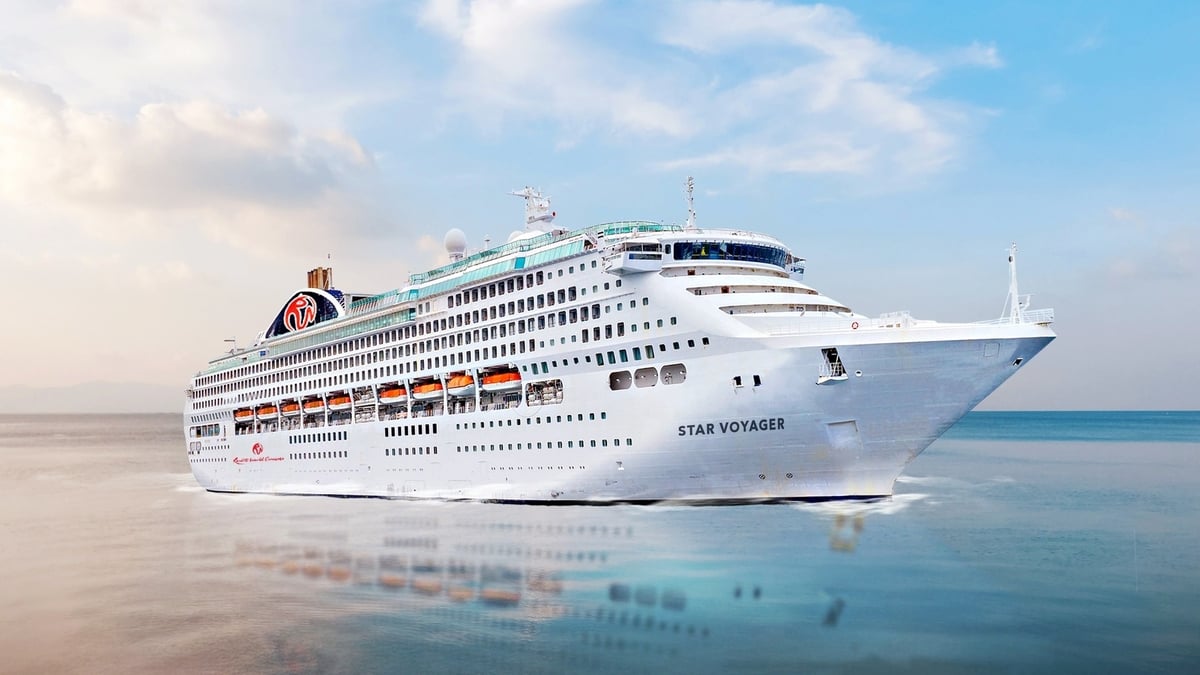






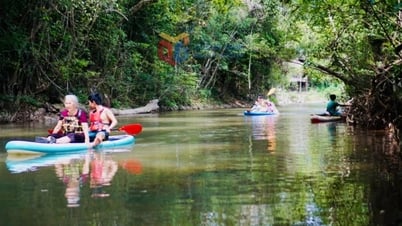

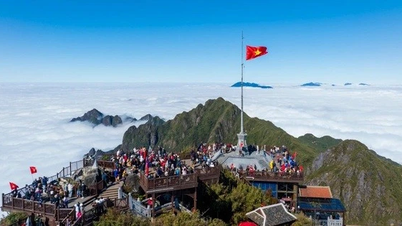

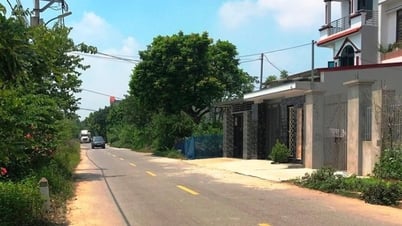
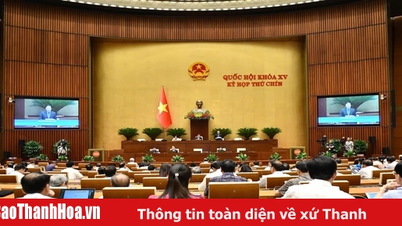

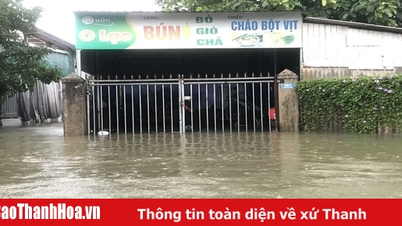








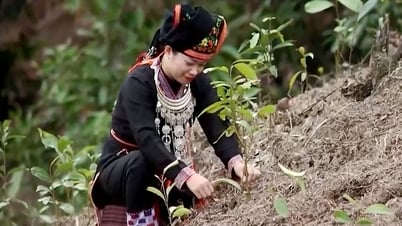
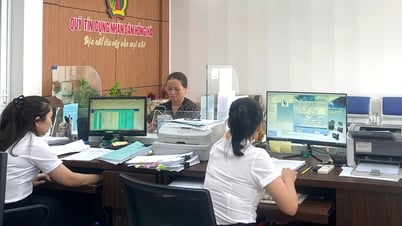
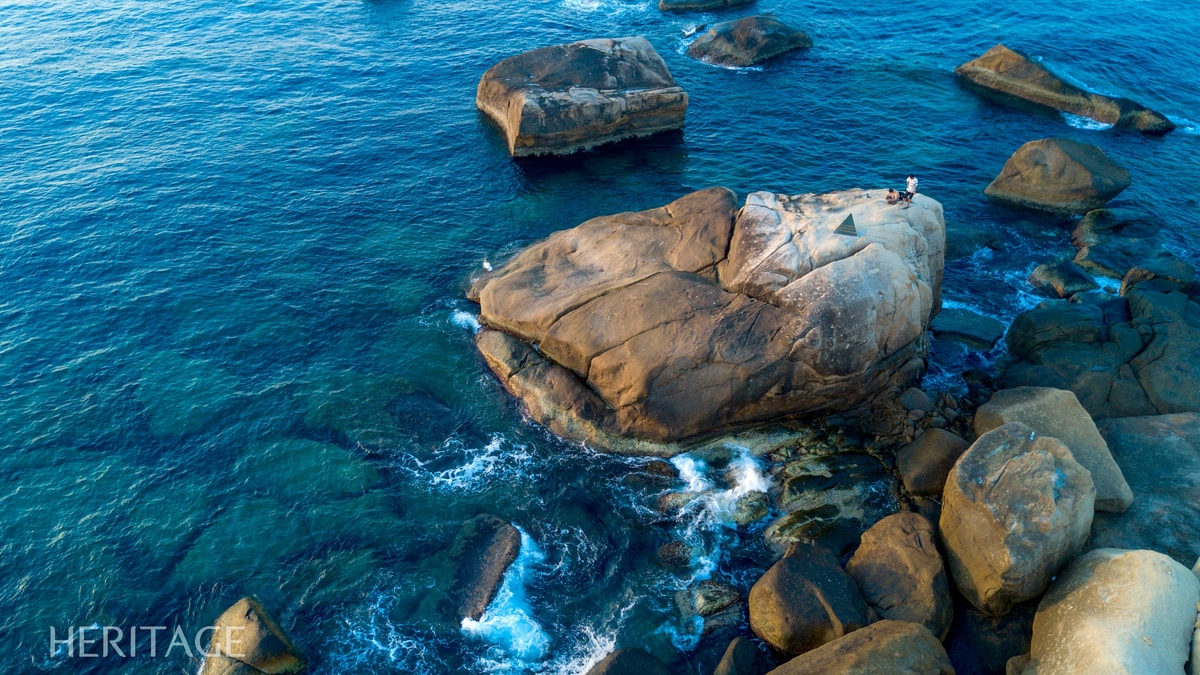
![[Photo] Prime Minister Pham Minh Chinh receives leaders of several Swedish corporations](https://vphoto.vietnam.vn/thumb/1200x675/vietnam/resource/IMAGE/2025/6/14/4437981cf1264434a949b4772f9432b6)





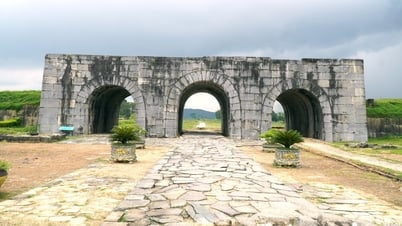








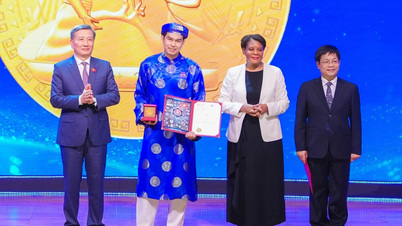







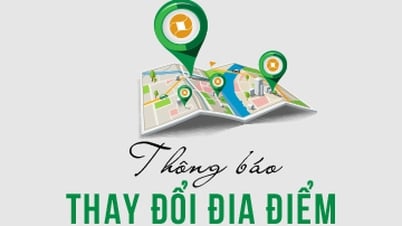















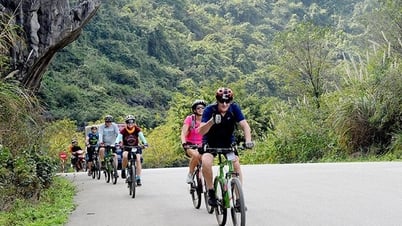
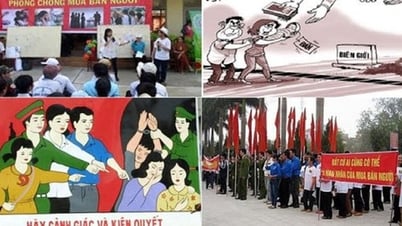
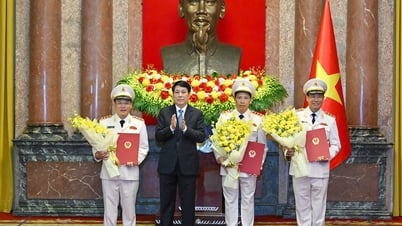

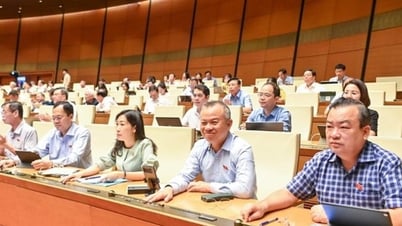

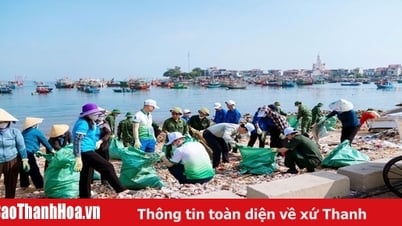
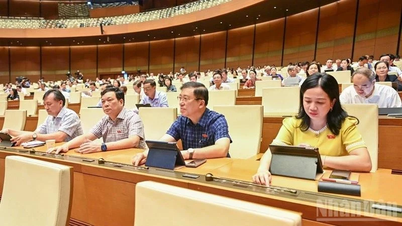
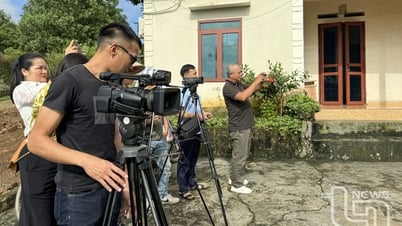















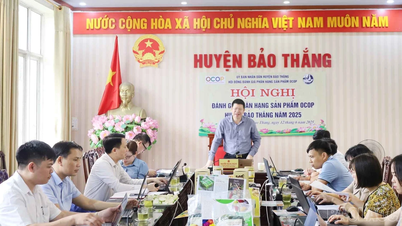





Comment (0)